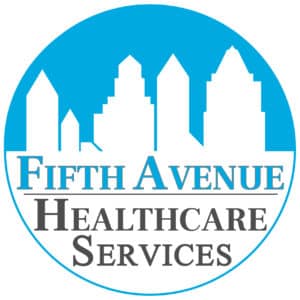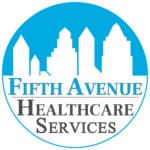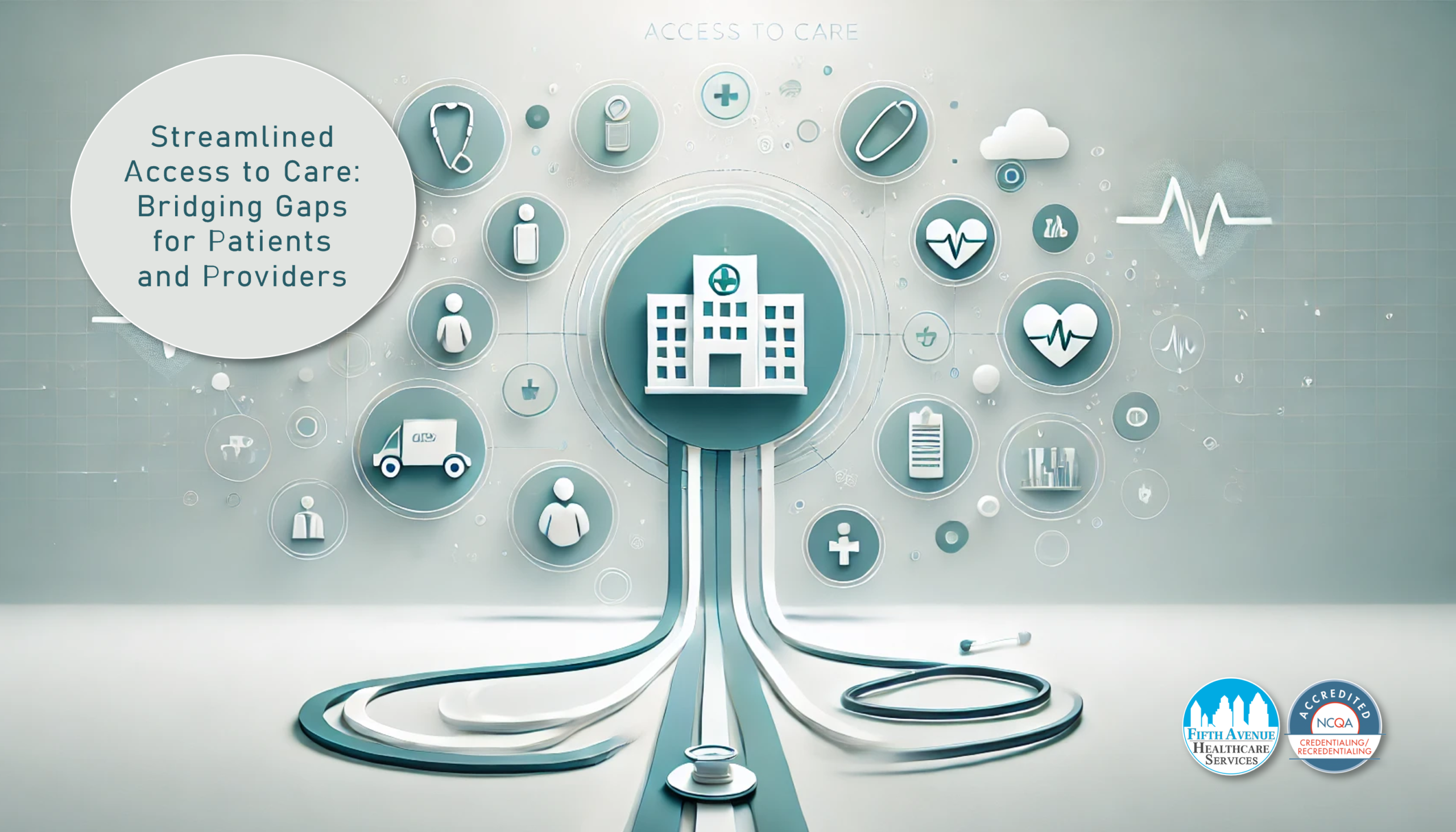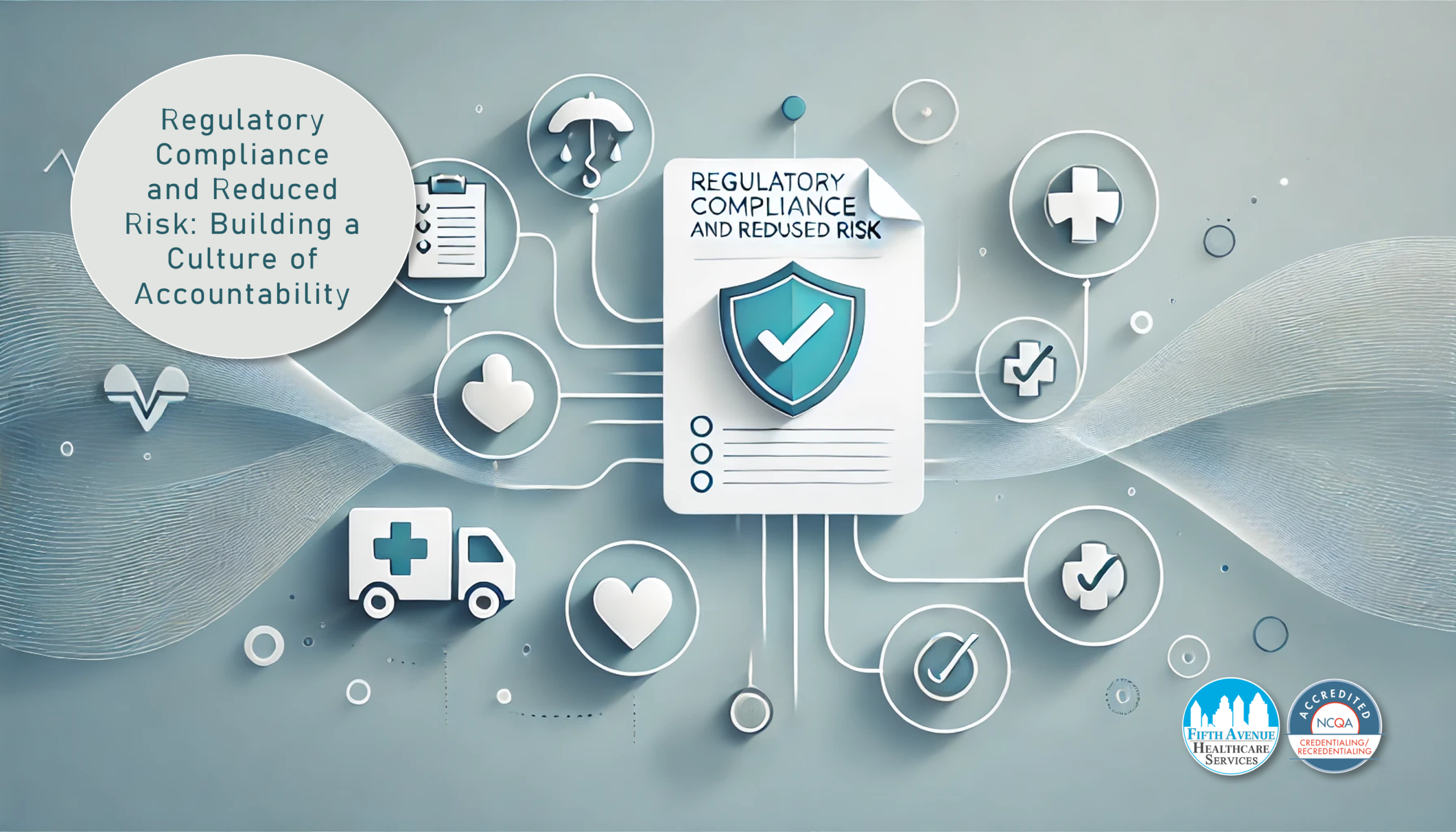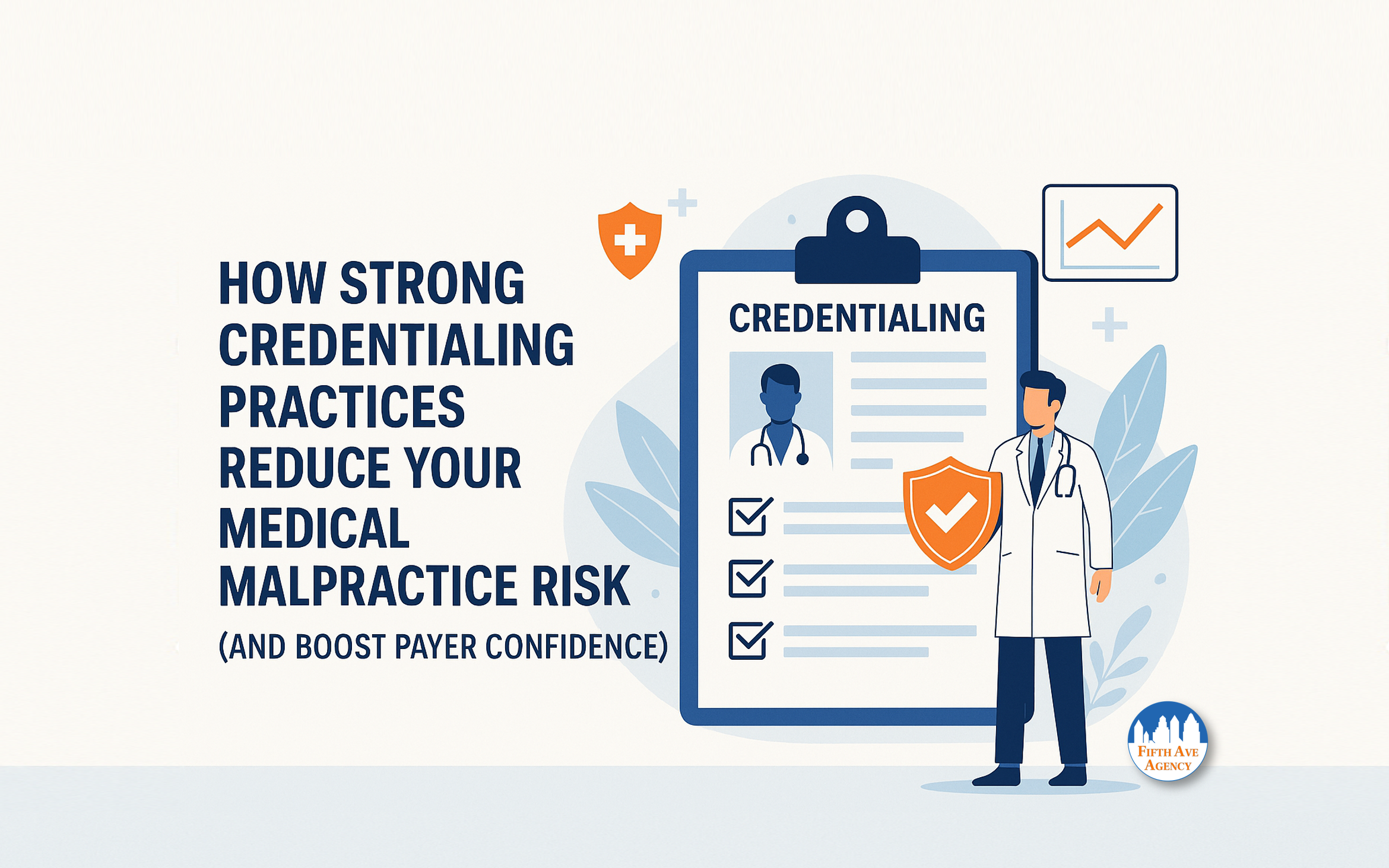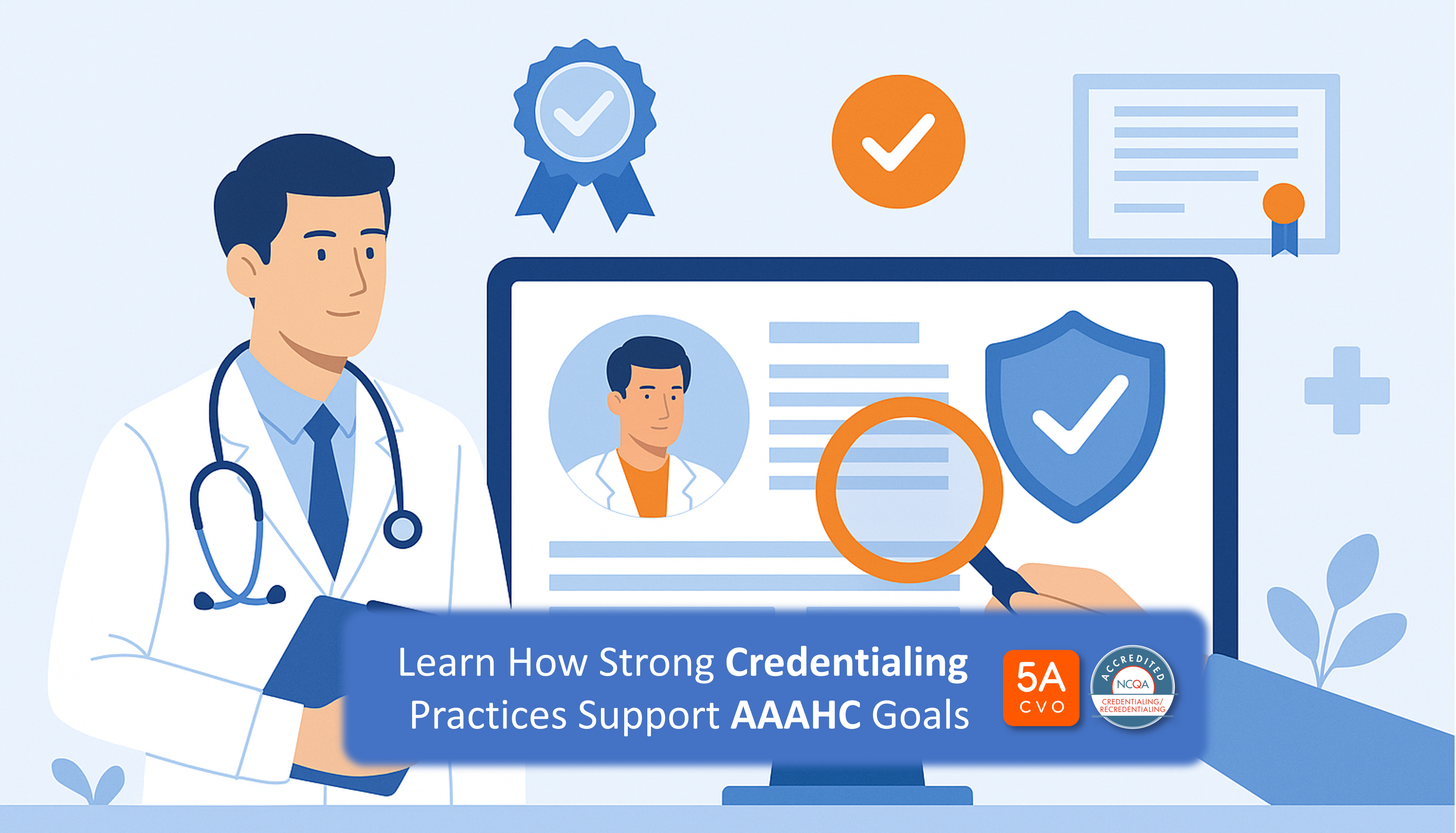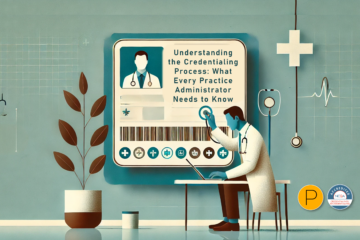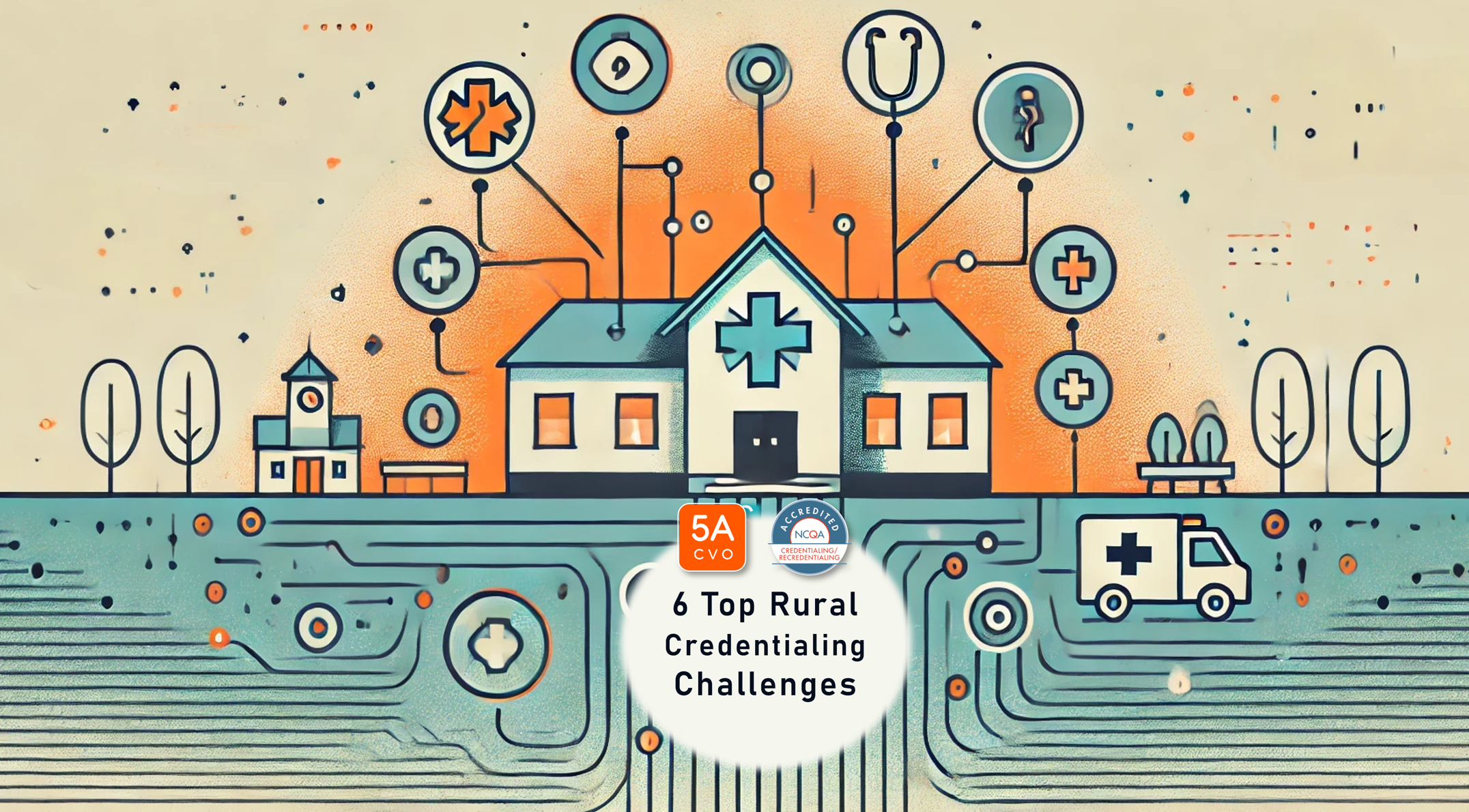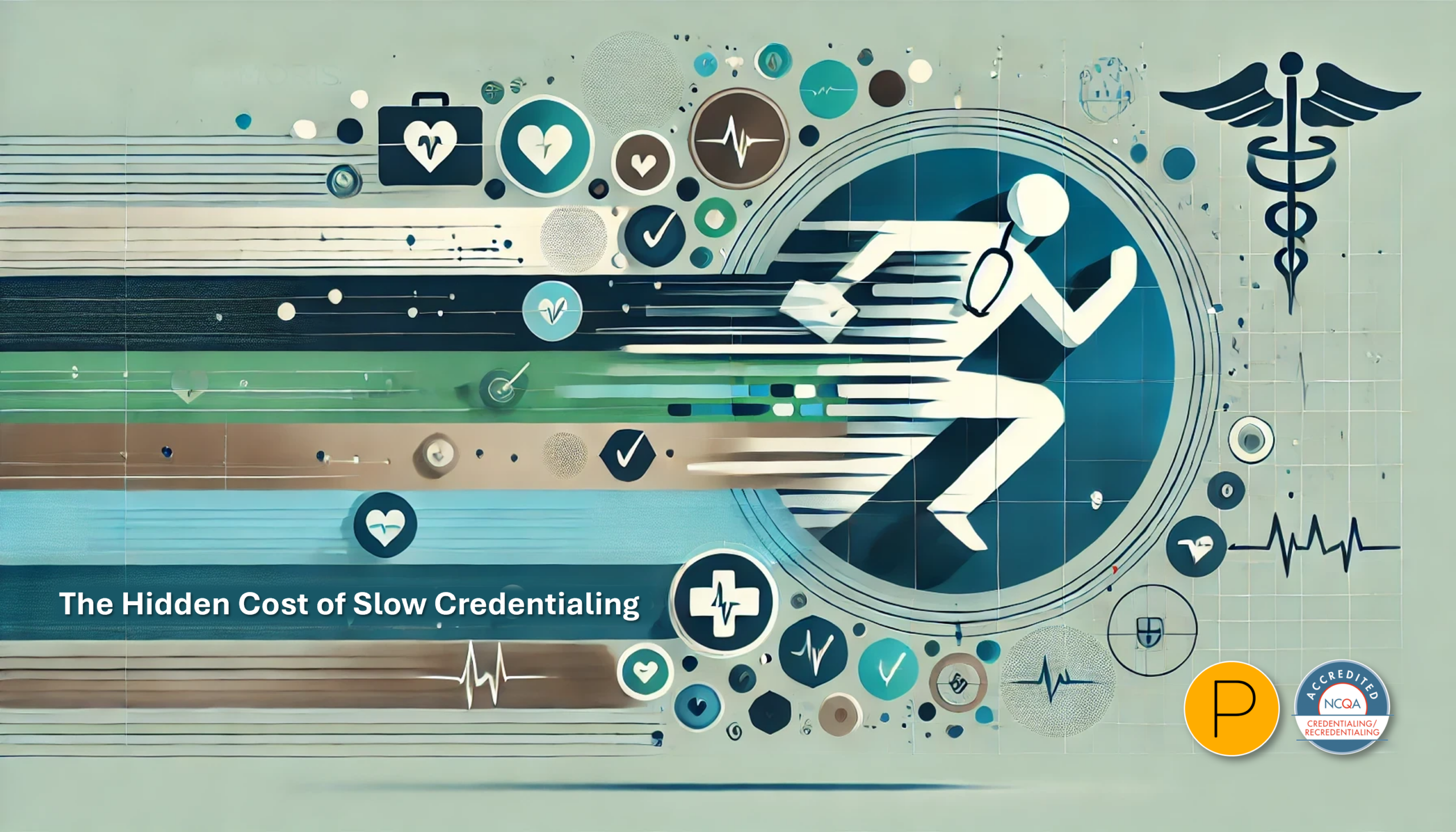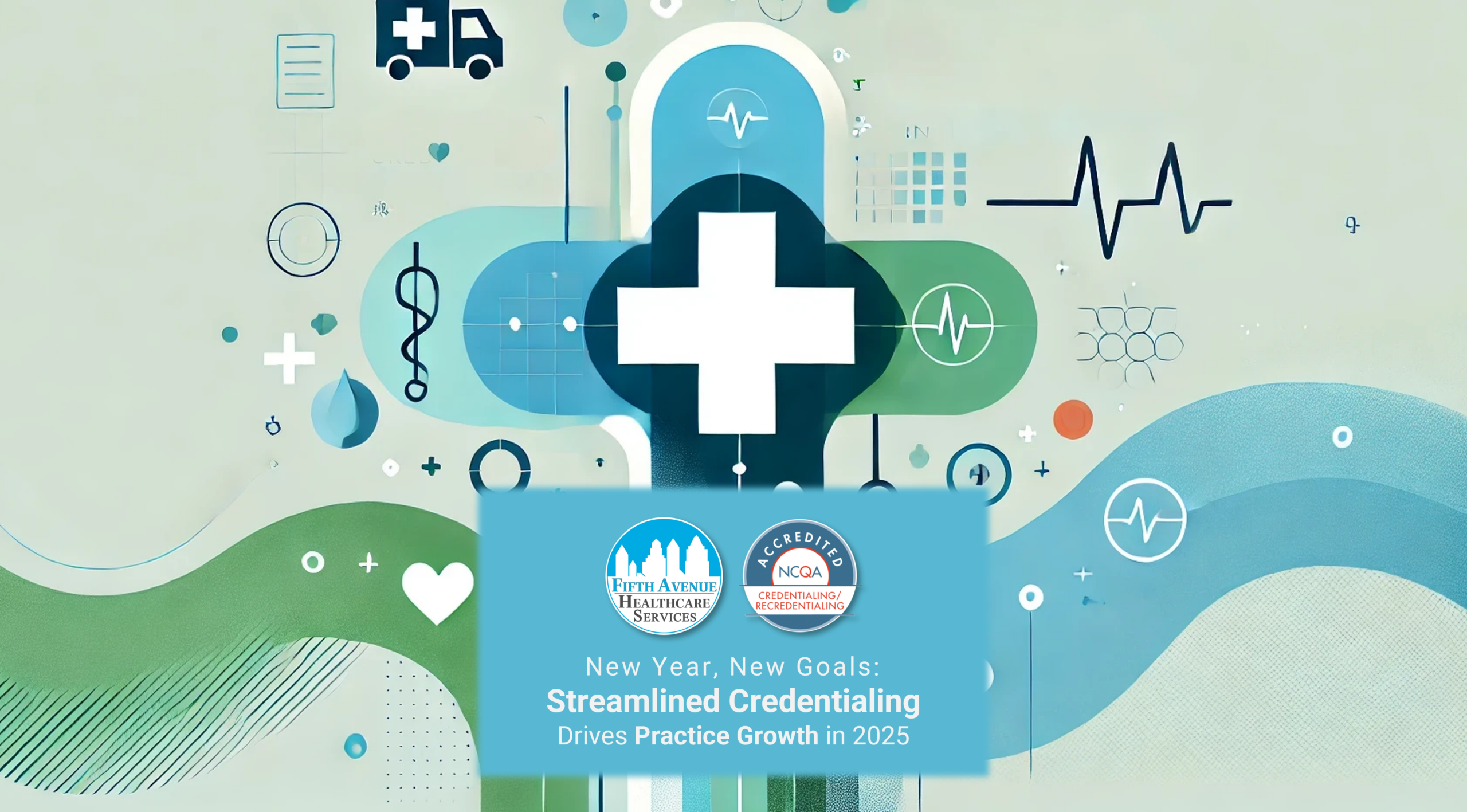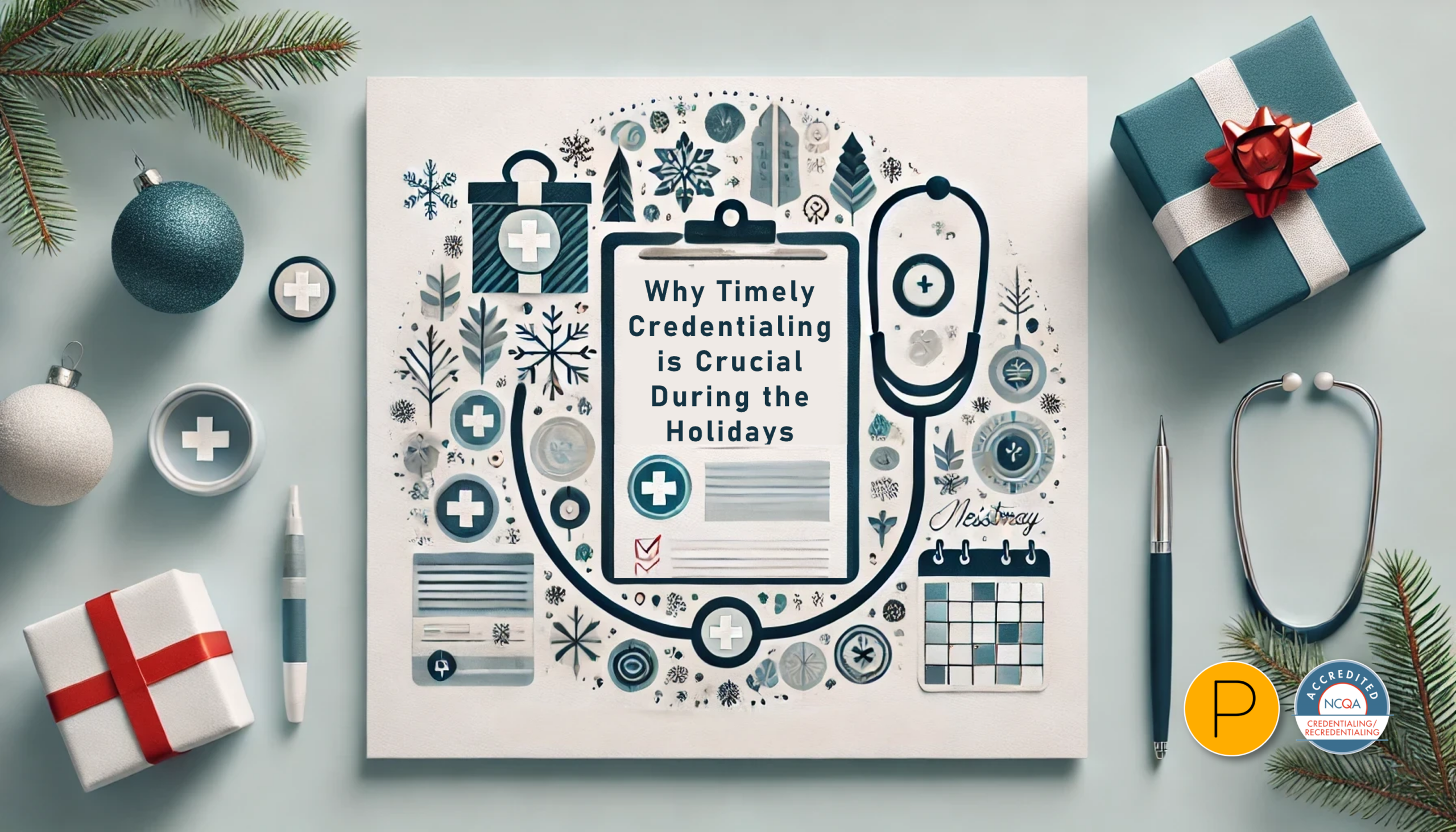Healthcare provider credentialing is often an unsung hero in the medical industry. It operates quietly behind the scenes, ensuring that patient care meets the highest standards while supporting operational efficiency and compliance. Yet, it is more than just an administrative requirement—it is a foundational pillar of trust, safety, and growth in healthcare.
This year, as the healthcare landscape continues to evolve, there are many reasons to be thankful for credentialing. From safeguarding patient safety to driving operational efficiency and supporting organizational growth, credentialing delivers unparalleled value to providers, healthcare organizations, and patients alike. Let’s explore the five key reasons to be grateful for credentialing and its profound impact on our healthcare system.
1. Enhanced Patient Safety: Safeguarding the Heart of Healthcare
At its core, healthcare exists to improve and protect patient lives. Credentialing directly supports this mission by ensuring that only qualified and competent providers deliver care. Without a rigorous credentialing process, the risk of medical errors, malpractice, and patient harm increases exponentially.
What Makes Credentialing Essential for Patient Safety?
Credentialing meticulously verifies a provider’s education, training, licensure, and experience. These steps ensure patients receive care from professionals with the appropriate skills and qualifications.
Here’s how credentialing works to protect patient safety:
- Licensure Verification: Ensures that providers hold active, unencumbered licenses in their respective states.
- Educational Validation: Confirms that healthcare professionals have completed the necessary degrees, residencies, and fellowships.
- Board Certifications: Demonstrates that providers have met advanced standards in their specialty areas.
- Peer Reviews: Collects feedback from colleagues and supervisors to identify professional behavior and competency patterns.
- Continuous Monitoring: Ongoing credentialing processes flag licensure issues, malpractice claims, or disciplinary actions.
The Impact on Patients
Credentialing offers patients peace of mind. Knowing their provider has undergone a thorough vetting process instills confidence in the quality of care they receive. For example, consider a surgical team credentialed at a top-tier hospital: patients can trust that highly skilled and certified professionals perform their procedures.
Why Patient Safety is Non-Negotiable
According to a 2023 study by Johns Hopkins, medical errors are the third leading cause of death in the United States. Credentialing is vital in reducing these errors by ensuring that unqualified providers are identified and addressed before they harm patients.
Takeaway: Enhanced Patient Safety: Safeguarding the Heart of Healthcare
Patient safety is at the heart of credentialing. Healthcare organizations build a foundation of trust and care by prioritizing stringent standards and continuous monitoring.
2. Streamlined Access to Care: Bridging Gaps for Patients and Providers
Timely access to healthcare is critical for patient outcomes. Delays in seeing a provider can lead to worsened conditions, prolonged recovery times, and increased healthcare costs. Credentialing helps streamline this process, enabling providers to join networks and serve patients without unnecessary delays.
How Credentialing Supports Timely Care
Credentialing ensures that providers are fully vetted and enrolled in payer networks quickly, enabling patients to access care sooner.
Key ways credentialing improves access include:
- Single Application Models: Providers submit one comprehensive application, processed across multiple payers or facilities.
- Delegated Credentialing: Credentialing organizations like Primoris Credentialing Network speed up enrollment by working directly with payers to meet their requirements.
- Automated Technology: Modern credentialing platforms use automation to reduce errors and accelerate processing times.
Delegated Credentialing in Action
Consider a physician who moves to a new state to join a major healthcare system. Without credentialing, the provider may face months of delays before treating patients. Delegated credentialing can cut this timeline in half, allowing the physician to start seeing patients much sooner.
Meeting Patient Expectations
Credentialing is critical in a digital age where patients expect rapid access to specialists. Whether for routine check-ups or life-saving surgeries, the process ensures that providers are ready to deliver care without unnecessary administrative barriers.
Takeaway: Streamlined Access to Care: Bridging Gaps for Patients and Providers
Credentialing is not just about verifying qualifications; it’s about connecting patients to care when they need it most.
3. Regulatory Compliance and Reduced Risk: Building a Culture of Accountability
The healthcare industry operates within a framework of strict regulatory requirements. Credentialing ensures providers and organizations comply with these regulations, avoiding costly penalties and reputational damage.
The Regulatory Landscape
Healthcare organizations are accountable to accrediting bodies such as:
- NCQA (National Committee for Quality Assurance): Sets standards for credentialing to ensure quality care.
- URAC (Utilization Review Accreditation Commission): Mandates compliance with payer-specific credentialing requirements.
- CMS (Centers for Medicare & Medicaid Services): Requires credentialing for participation in federal healthcare programs.
Failing to comply with these standards can lead to:
- Loss of accreditation.
- Financial penalties.
- Increased vulnerability to malpractice lawsuits.
- Credentialing as a Risk Management Tool
Credentialing protects organizations by verifying that all providers meet regulatory and payer-specific requirements. This proactive approach mitigates risks and ensures continuity of care.
Real-Life Example of Non-Compliance
In 2021, a hospital in California faced a multi-million-dollar penalty for failing to credential temporary staff adequately. This oversight resulted in economic loss and damaged the hospital’s reputation in the community.
Takeaway: Regulatory Compliance and Reduced Risk: Building a Culture of Accountability
Credentialing acts as an insurance policy for healthcare organizations, protecting them from regulatory pitfalls and ensuring accountability at every level.
4. Operational Efficiency Through Outsourcing: Focus on What Matters Most
Credentialing is a complex, resource-intensive process. For many healthcare organizations, outsourcing this function to credentialing experts is the key to unlocking greater efficiency. Organizations can free up internal resources by partnering with specialists and focusing on delivering exceptional patient care.
The Advantages of Outsourcing
- Expertise on Demand: Credentialing professionals stay updated on regulatory changes and best practices.
- Advanced Technology: Outsourced credentialing teams leverage state-of-the-art credentialing technology for data accuracy and compliance monitoring.
- Scalability: Organizations can handle high volumes of credentialing work without hiring additional staff.
- Cost Savings: Outsourcing can directly cut costs, reducing the overhead associated with in-house credentialing departments.
A Case Study in Efficiency
A sizeable multi-specialty practice faced a backlog of over 100 providers awaiting credentialing. By outsourcing to a credentialing organization, the practice reduced processing times by 60%, allowing them to expand services and boost patient satisfaction.
Focusing on Core Missions
Healthcare providers thrive when their focus remains on patients, not paperwork. Outsourcing credentialing allows organizations to:
- Reduce administrative burdens.
- Improve turnaround times.
- Avoid costly errors in credentialing files.
Takeaway: Operational Efficiency Through Outsourcing: Focus on What Matters Most
Outsourcing credentialing is more than a cost-saving strategy—it is a pathway to operational excellence and improved patient care.
5. Support for Growth and Expansion: Laying the Groundwork for the Future
Organizations must be agile as the healthcare landscape evolves to meet new challenges and opportunities. Credentialing supports this growth by ensuring new providers are onboarded seamlessly and maintain the same high standards as existing teams.
Credentialing in a Changing Healthcare Landscape
From telehealth to multi-state practices, the need for adaptable credentialing processes has never been greater.
Credentialing ensures that:
- Providers meet state-specific licensure requirements.
- Payers recognize new providers, allowing for reimbursement.
- Organizational standards are upheld across all locations and service lines.
- Supporting Telehealth Expansion
Telehealth providers often operate across multiple states, each with unique licensure and payer requirements. Credentialing ensures compliance while enabling these providers to scale their services rapidly.
The Business Impact of Credentialing
A hospital group expanding into rural areas relied on efficient credentialing to integrate 30 new providers. Streamlining the process reduced delays in opening new clinics and improved access to care for underserved populations.
Takeaway: Support for Growth and Expansion: Laying the Groundwork for the Future
Credentialing is more than a compliance requirement; it is a strategic enabler of growth and innovation in healthcare.
Conclusion: Credentialing Is A Process Worth Celebrating
Healthcare provider credentialing is the backbone of a safe, efficient, and forward-thinking healthcare system. It safeguards patients, supports timely access to care, ensures compliance, enhances operational efficiency and empowers organizational growth.
As we reflect on the value of credentialing, it’s clear that it deserves recognition as a vital contributor to the success of healthcare providers and organizations.
If you’re ready to elevate your credentialing process, streamline provider onboarding, or explore the benefits of delegated credentialing, visit Fifth Avenue Healthcare Services or the Contact Us page to learn more. Together, we can build a safer, more efficient, and future-ready healthcare system.
More information about Fifth Avenue Healthcare Services
Fifth Avenue Healthcare Services is an NCQA Credentialing Accredited family of healthcare companies. Sister companies include 5ACVO (credentialing and primary source verification specialists), Fifth Avenue Agency (MPLI and medical malpractice insurance specialists), and Primoris Credentialing Network (credentialing and provider enrollment specialists with 54+ health plan and network provider enrollment options).
For information on Fifth Avenue Healthcare Services, please visit FifthAvenueHealthcareService.com or Contact Us.

